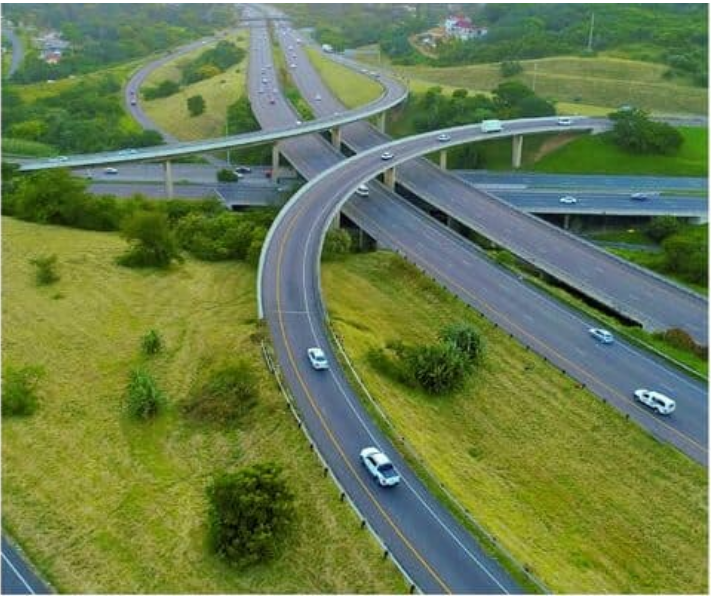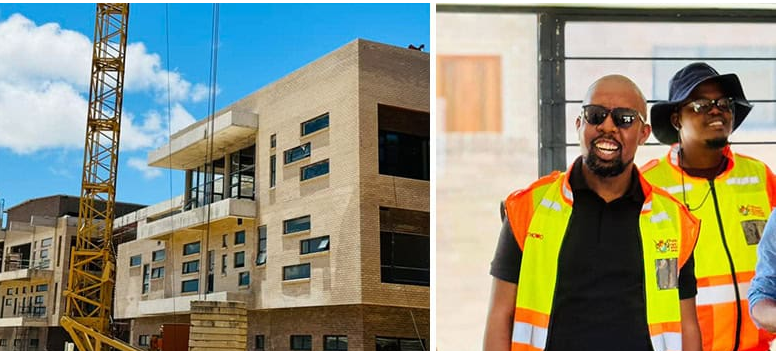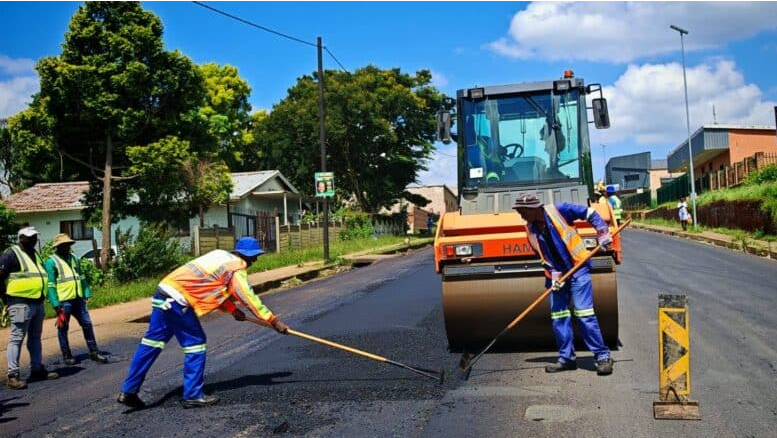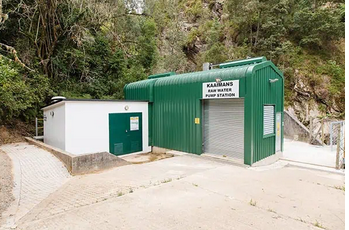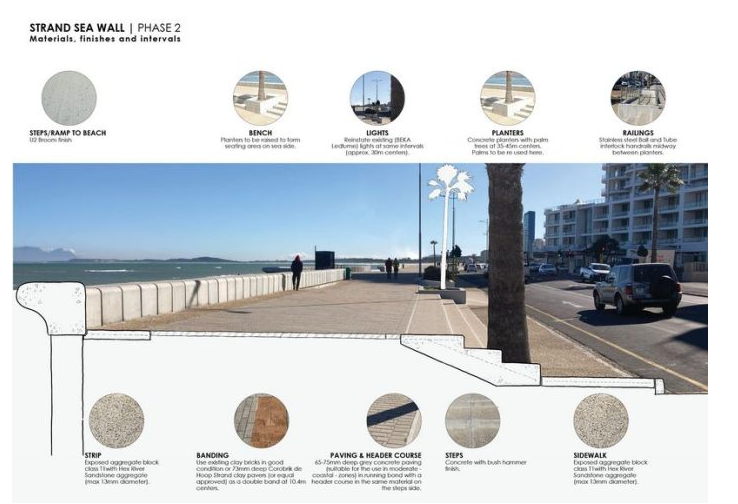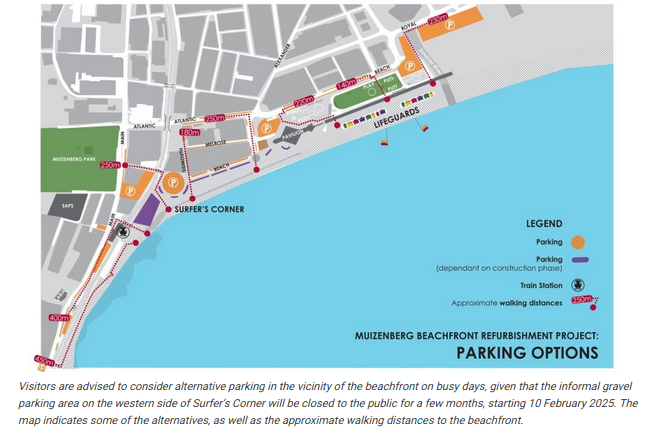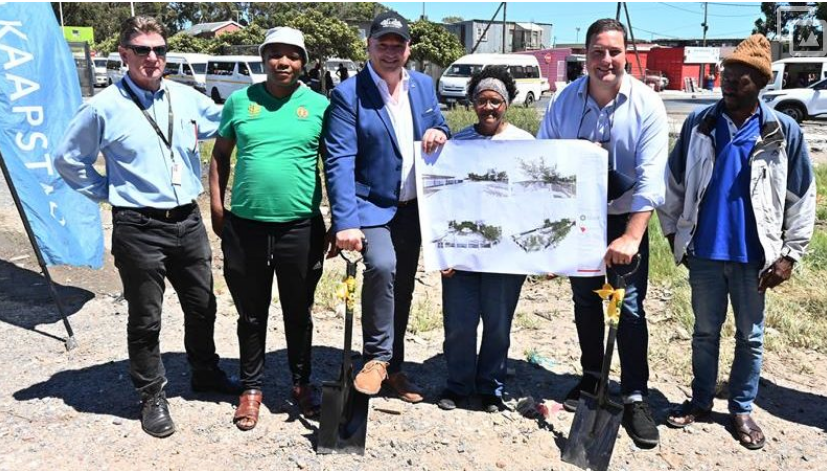Construction VRP is either ‘dead’ or ‘alive and kicking’

Advertising
27-08-2021
Read : 616 times
Moneyweb
Source
Depending on which construction industry body you speak to, the Voluntary Rebuilding Programme (VRP) is either “dead” or “alive and kicking”.
The future of the VRP was thrust into the spotlight when it emerged last month that construction industry stakeholders, including cement producer PPC and Master Builders South Africa (MBSA), were engaging with the Department of Trade and Industry and Competition (dtic) about the development of a construction industry master plan.
The government subsequently published a National Infrastructure Plan 2050 (NIP 2050) this month for public comment. Some of its aims and objectives are similar to those of the VRP.
Background
The VRP settlement agreement between the Presidential Infrastructure Coordinating Commission (PICC) and the SA Forum of Civil Engineering Contractors (Safcec) in October 2016 resulted in seven JSE-listed companies agreeing to collectively contribute R1.25 billion over 12 years to the Tirisano Fund for socio-economic development and to undertake further transformation initiatives.
The agreement also settled the exposure of these companies to potential claims for damages from identified public entities that arose primarily from the Competition Commission’s fast-track settlement process.
This followed a number of companies entering into consent agreements with the commission in 2013 after admitting to collusion and bid-rigging in contravention of the Competition Act.
The SA National Road Agency (Sanral) withdrew civil damages claims valued at between R600 million and R760 million it had instituted against several companies when the VRP settlement agreement was signed.
‘Dead’ … or not
MBSA executive director Roy Mnisi said as far as the MBSA is concerned, the VRP “is dead”.
“The agreement was signed in 2016 and most of the companies that were signatories to that agreement have fallen into business rescue and some of them have closed down,” he said.
However, Safcec CEO Webster Mfebe said: “It is total nonsense that the VRP is dead. The VRP is alive and kicking.”
Mike Wylie, a former chair and CEO of JSE-listed WBHO and now chair of the Tirisano Fund, also stressed that the VRP is not “dead” and is “a fantastic initiative”.
Mnisi’s reference to construction company failures relates to Basil Read, Group Five and Esor all going into business rescue and Group Five and Esor both delisting from the JSE in 2020.
Mnisi added that the construction industry experienced a steep decline in 2017 and 2018 and, with the impact of the Covid-19 pandemic on the industry, “we doubt that [the] programme [VRP] will be implemented in the manner intended”.
However, Mnisi said MBSA believes the VRP could be incorporated in other industry plans, such as a master plan for the industry.
Perspective
Mfebe stressed that the VRP is not a panacea but an intervention measure by the signatory companies to make a contribution to transformation in the sector.
“It is not the main driver of transformation. It is a supportive measure and should be seen as such.
“The failure of transformation in the industry, if at all, has nothing to do with the VRP being ineffective or being dead,” he said.
Mfebe highlighted the importance of diversity and sustainability in driving transformation in the industry.
He said diversity is important because of the need for experienced white engineers to pass on their knowledge and expertise through mentorship programmes to graduates of all races.
Mfebe said for transformation to be sustainable, there must be sufficient work.
This will allow newly-acquired companies with black majority ownership to have the opportunity to move up the ladder to the point where they can list on the JSE, if they wish, and over the years have a market capitalisation at least close to that of established industry players.
“The Tirisano Fund is a stop-gap measure. It’s just an add-on to the efforts of transforming the industry,” he said.
Mfebe said there will not be any disjuncture between the VRP and a construction master plan.
“For us to succeed, we must help the emerging contractors to be mainstreamed in the construction economy,” he said.
Wylie said the VRP comprises seven programmes to strengthen construction companies and the industry, and is geared towards service delivery.
He believes the programmes the VRP has are exactly what a master plan needs, because the industry needs to be strengthened because “there has been a huge hollowing out of capacity”.
Sector ‘already transformed’
“The industry is pretty well transformed so transformation is not a big thing on the agenda, because if you look at the industry now, there is not much to transform that isn’t black already,” he said.
This follows, among other things, Murray & Roberts (M&R) selling its Southern African infrastructure and building business to the wholly black-owned Southern Palace Group in 2016, while JSE-listed Aveng sold its Southern African construction and engineering business Grinaker-LTA to the black-owned Laula Consortium late in 2019.
This was in line with the transformation commitments of the signatory companies to the VRP in terms of which each of them agreed to either:
Mentor up to three emerging black-owned contractors to enable them to sustain a cumulative annual revenue equal to at least 25% of the mentor companies’ annual revenue from civil engineering and building works delivered in South Africa by 2024; or
Dispose of at least 40% of their South African civil engineering and general building construction businesses to an enterprise that was more than 51% black-owned, managed and controlled.
Wylie added that the Tirisano Fund has about R1 billion to spend and will hopefully attract more money from elsewhere “to give it a bit more woema [power]”.
However, it emerged in November 2020 that a number of the signatory companies to the VRP were not up to date with their payments to the Tirisano Fund.
Recent News
Here are recent news articles from the Building and Construction Industry.
Have you signed up for your free copy yet?
